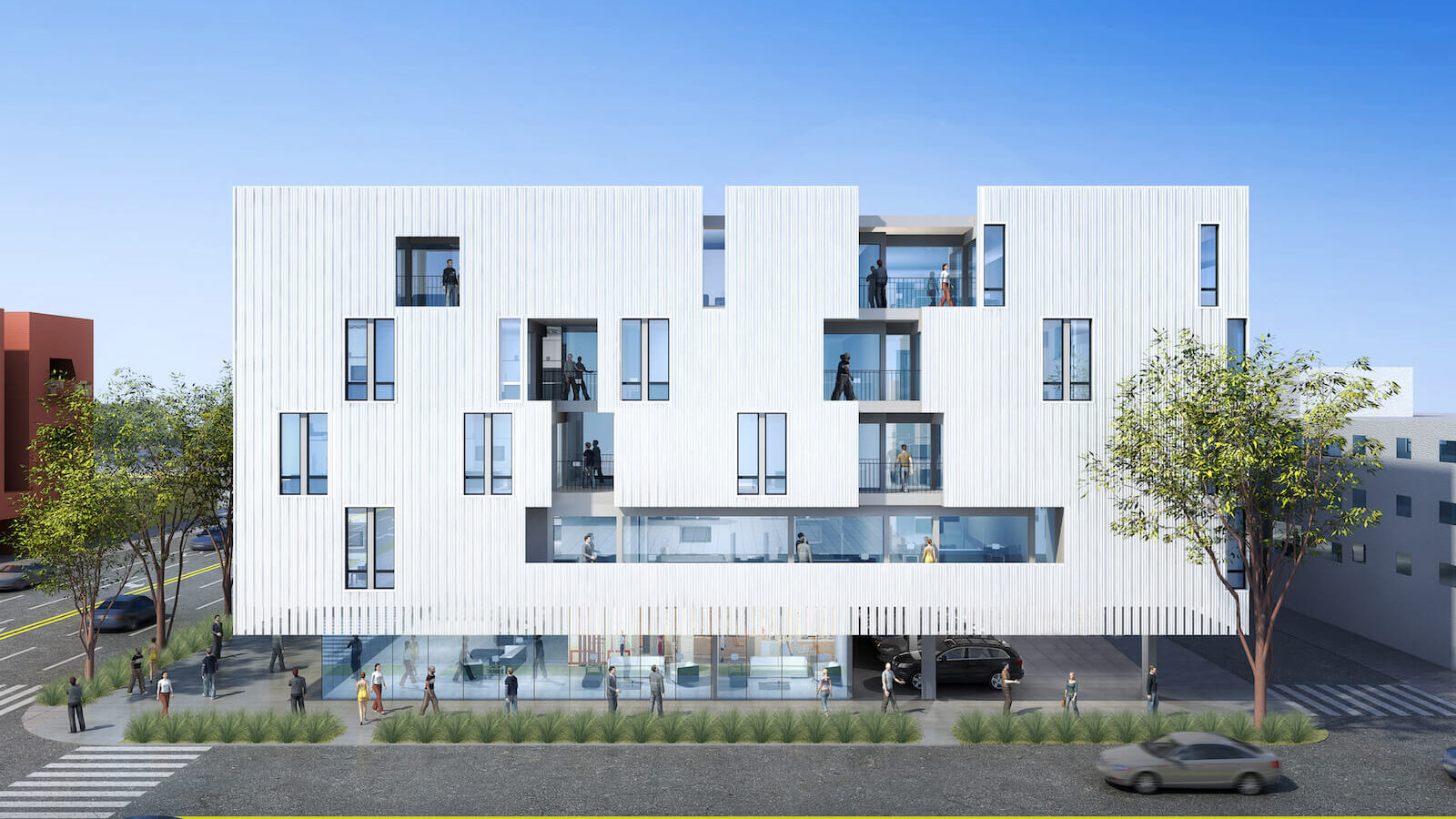
A single-family home with an idealistic green lawn and picket fence may no longer work in California. Currently, over two-thirds of the state’s residential land is now reserved for single-family houses.
As a result, land prices have increased and the practice has led to the creation of racial and economic boundaries. Single-family zoning is the “new redlining,” according to a recent New York Times op-ed.

Studies on the practice’s discriminatory effect in US cities have shed a new light on the problem.
Now, California’s legislative leadership hopes it can allow up to four homes on a single lot without local government approval.
The state would be the second to do so. More dwellings on less land might theoretically mean more homes for more Californians.
With the exception of high-fire zones, the California bill, SB 9, allows developers or homeowners to build duplexes on a single parcel or divide a single lot to accommodate up to four houses per site. The law exempts historic districts and forbids eviction of tenants who have resided in rental apartments for three years. The measure should pave the way for the building of 700,000 more houses, according to the Terner Center for Housing Innovation at UC Berkeley.
However, a lot of people are questioning if SB 9 would truly result in more affordable ownerships and lower cost rentals, which are needed most in California. The battle over SB 9 reveals a paradox of California’s housing crisis: Building homes is a private business. That means lawmakers cannot build homes or regulate the market. Therefore, they cannot guarantee that their changes will actually help people who cannot afford the cost of owning a home.
Both proponents and opponents of SB 9 claim their stances are founded on fairness and social responsibility. However, these odd alliances have gone past the boundaries, established by parties and ideas.
Elise Bulk, who is the CEO and President of the United Way in Los Angeles, spoke about the current use of land in California. She indicated that the current land policies have influenced segregation and racial disparity for years. She also added that the current housing crisis is driving homelessness – something that communities of color currently face as well.
Some of the SB 9 backers, besides the United Way, include the Chamber of Commerce in California, Facebook, YIMBY (Yes In My Backyard) groups, and the state’s Building Industry Association.
Opponents of SB 9 represent homeowner associations that worry about noise, traffic, and crowding. They have aligned themselves with 100 smaller cities in the state, many of which believe the SB 9 bill takes away the rights of local land use and control.
The SB 9 bill did clear the Senate in California, 28 to 6. Six state senators (Democrats) did not vote for the measure. One of the senators, Steve Glazer, from Orinda commented that he supported California’s efforts to approve additional housing.
However, he felt provision should be made after public hearings – meetings designed to address traffic, environmental issues, and public services. Glazer wrote that he believed the responsibility for housing and land-use should fall on the shoulders of local governments versus the state.
Whatever your view on the controversy, one thing is certain. Something has to be done about California’s current housing situation if the costs associated with home ownership continue to spiral or do not stabilize.
About the Author: Mike Williams has written about the issues that affect California lifestyle for over 15 years. He is a frequent contributor to the Foundation for Affordable Housing news section.
